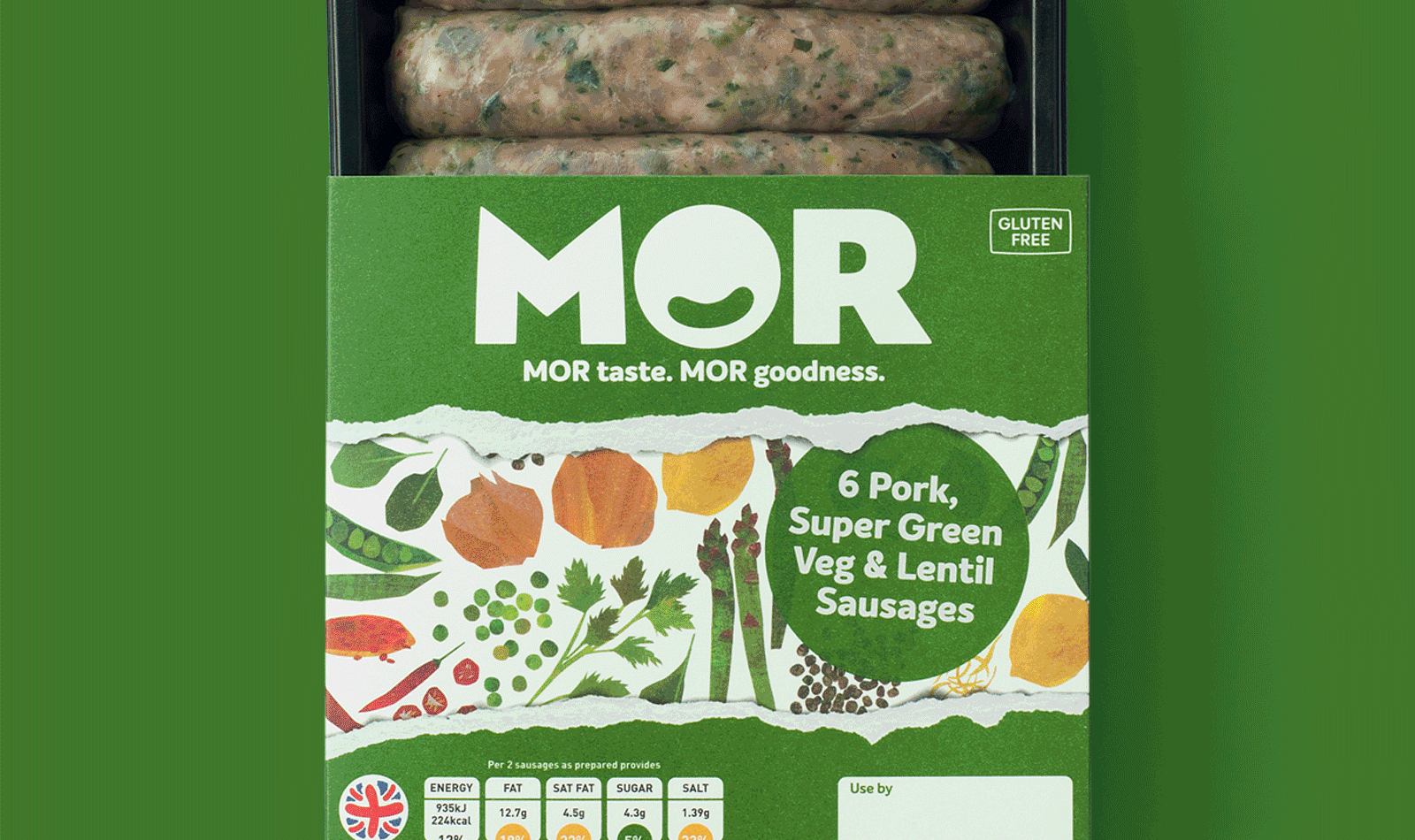What do PayPal, Airbnb, Spotify, Uber and Atom Bank all have in common?
They’re all Game Changers. They change the way we live. Once they enter our lives, things are never the same again. So how do they do it? How do each of these brands cause a seismic shift in our thinking, our lifestyles and our culture? It’s not by following the market leader. It’s by making the market leader look old fashioned, archaic and irrelevant to the world we live in. A classic Next Generation challenger strategy.
“If you change the way you look at things, the things you look at change”
Wayne Dyer – Philosopher & writer
Let’s look at PayPal. Who can remember the last time they wrote a bank cheque? Or bought a money order? Even using credit cards today is a hassle, and not the safest option.
PayPal launched in 1998 (originally known as Confinity), a Silicon Valley start up who specialised in security software. It’s founders wanted to move into a new market and began focusing on online payment. In 2002 they became PayPal and were bought by eBay for $1.5 billion.
Was it really that easy? Probably not. There were plenty of competitors who fell by the wayside. Hands up who remembers GoogleCheckout? Yahoo!’s PayDirect? eBay’s subsidiary Billpoint? Me neither. PayPal soon became the default way to buy things online. Today PayPal has 218 million active users, in more than 200 countries, and a net worth more than its parent company eBay at a cool $61.6 billion.
So back to the original question… how did they do it? The Next Generation challenger strategy, as originally laid out by Adam Morgan in his seminal book Eating The Big Fish promotes the notion, ‘that was then, but this is now and new times call for new brands and services.’ PayPal executed that thinking brilliantly and challenged the appropriateness of the establishment brand, in this case physical currency itself, for the times we live in today.
In their 2016 ad, ‘There’s a new money in town’, PayPal framed the consumer’s choice as ‘new money vs old money’, positioning paper money as dirty, inflexible and for a time gone by. Consumers responded to this because who wants to be seen as out of touch? Who wants to be associated with outmoded ways? Consumers want to be part of the new world, which in this case, is PayPal.
Airbnb’s success over the last decade can be viewed in a similar way. Just as PayPal challenged the idea of physical money itself, Airbnb challenged the old fashioned conventions of the hospitality industry. In eatbigfish’s brilliant Challenger Project blog, Christopher Lukezic from Airbnb explains how new times call for new services, positioning hotels as ‘old hospitality’ vs Airbnb’s ‘new hospitality’:
“Post World War II we have this massive boom in the economy and the homogenisation of accommodation, and I think hotels are what people wanted at the time. Over time that’s shifted. The internet has connected people and cultures, people are now seeking value and they’re seeking experience… and that’s something that we’re able to offer.”
Christopher Lukezic – Airbnb
In 2018, Airbnb has over 4 million accommodation listings in 65,000 cities and 191 countries, and has facilitated over 260 million check-ins. And it’s not just apartments. If you have enough cash, you can even rent your own private island.
What’s particularly interesting about the Airbnb story is that they changed our holidaying habits in 2 significant ways. Firstly they expanded our accommodation options tenfold. Instead of having to stay in a generic, overpriced hotel, we now have an almost limitless selection of houses, flats and apartments to choose from, most which are much cheaper than hotels. And on a greater level Airbnb fundamentally changed our travelling experience, creating unique cultural interactions that are based on community and trust, instead of the sometimes soulless, impersonal experience of staying in a hotel.
True Game Changers.


